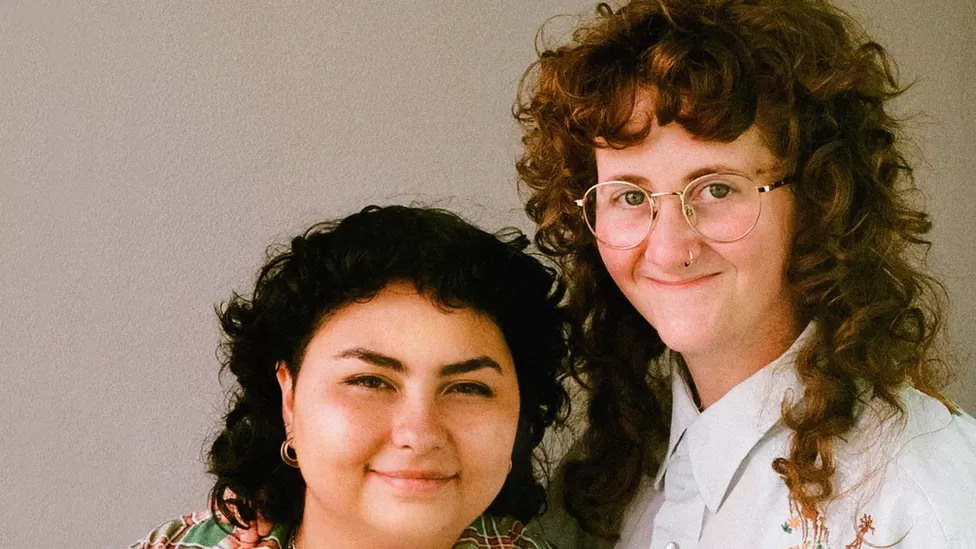The Iris Prize, renowned as the largest LGBTQ+ short film prize globally, annually brings together a diverse array of short and feature films that celebrate the LGBTQ+ community’s stories. However, this year, according to the festival’s director, Berwyn Rowlands, curating films for the light relief category proved to be a challenging endeavor.
Rowlands expressed, “There are groups within the LGBTQ+ family where life is not as good as it should be.” While discussing the festival’s film selection process, Rowlands shared an intriguing anecdote: “I was talking to Seth, who was responsible for programming, putting all the shorts into different programs. And I said: ‘Oh, where’s the light relief?’ And there was silence.”
In these times, the overarching themes in LGBTQ+ cinema tend to be on the serious side. Rowlands noted, “The festival serves as an opportunity to gauge what filmmakers want to talk about, and right now, things are a bit serious.” However, he emphasized that joy and tragedy can beautifully coexist, citing Russell T Davies’ “It’s a Sin” as an example. This acclaimed series masterfully portrayed the AIDS epidemic while infusing it with queer narratives and moments of celebration.
Tilly Robba and Steph Jowett, the directors of “Single: Meat Cutes,” found their animated short film showcased in the light relief category. Their film tells the story of three roommates embarking on three different dates. Speaking about the importance of balancing queer representation, they remarked, “I think that it’s definitely important to acknowledge the history of queerness and tragedy within the queer community and sadness. But I think you need the light in there too in terms of representation, because we’re human, multifaceted things.”
Euros Lyn, the director of the hit Netflix series “Heartstopper,” also weighed in, highlighting the need for queer stories to encompass both tragic and happy elements. He emphasized that showcasing love between individuals of the same gender as something natural is essential, stating, “You can express something a bit more optimistic and fun which in its own way does express the truth.”
Steve Anthopoulos, director of “My Summer in the Human Resistance,” a queer sci-fi short film, reflected on the evolution of his work, noting that the initial draft had a darker tone. He shared advice he received: “Where there was tragedy at one point at the end of a much, much earlier and different version, a friend of mine gave me some great advice to just be kind to your gays.” For him, queer joy means that things “don’t have to be too serious or traumatic or important.”
Lorena Russi, the director of “A History of Sitting in Waiting Rooms,” expressed her desire to create a romantic short film where the characters never kiss. She highlighted that queer films often tend to explore darker themes, and she wanted to offer an alternative perspective.
As the 17th annual Iris Prize Festival continues, it becomes evident that the LGBTQ+ film landscape is evolving, aiming to encompass a broad spectrum of emotions and experiences, from moments of profound joy to poignant reflections on life’s challenges.

